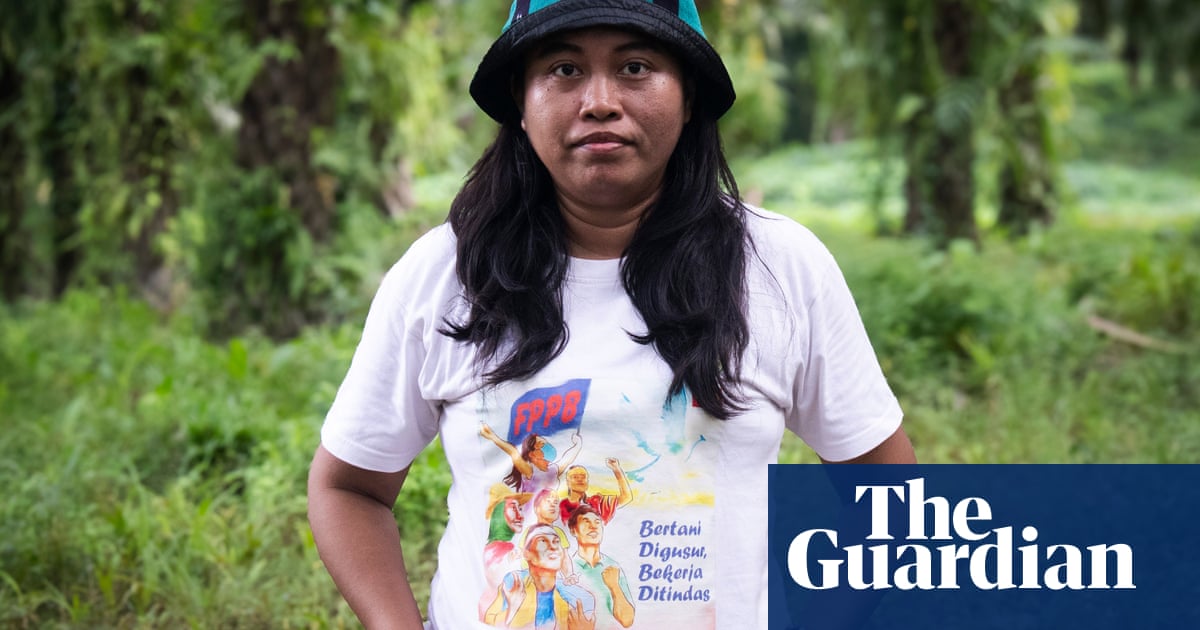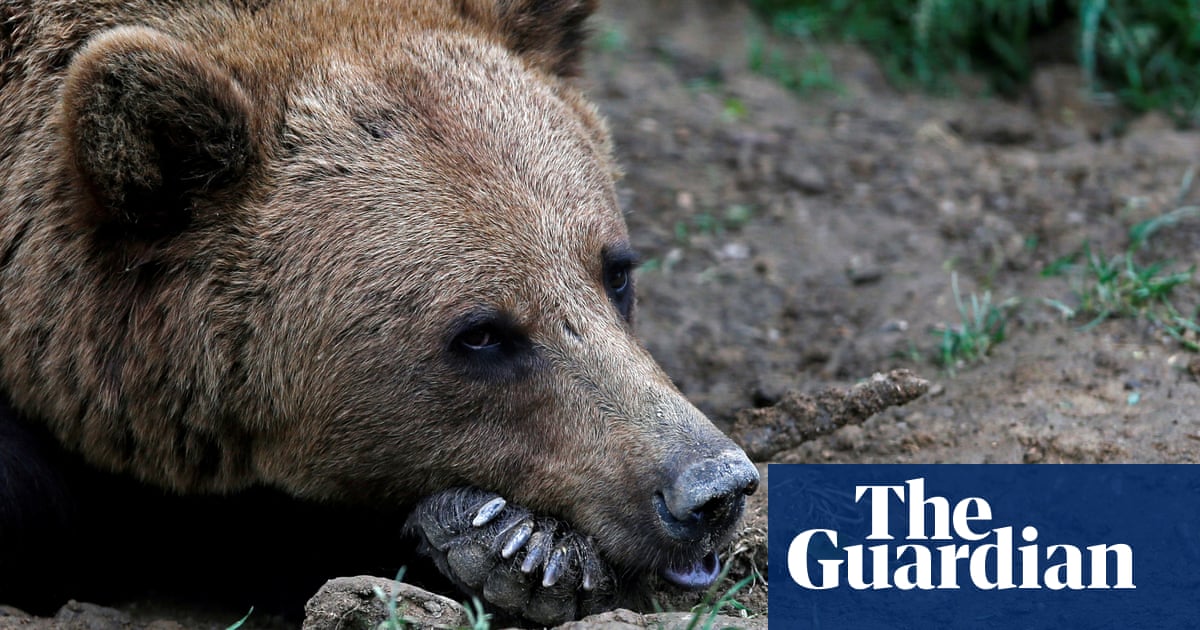Death threats and falsehoods among online abuse reported by land and climate defenders | Environmental activism

Death threats, doxing and cyber-attacks are just some of the online threats recounted by land and climate defenders in a new report, amid concerns that harassment is having a chilling effect on environmental activism.
Interviews and questionaires sent out to more than 200 environmental defenders across six continents by Global Witness found that nine in 10 activists reported receiving abuse over their work. Three in four defenders who said they had experienced offline harm believed that digital harassment contributed to it.
The findings come after Meta announced in January that it was axing factchecking, reducing “censorship” and increasing political content, following similar moves by X since 2022.
Fatrisia Ain, a member of a collective of women fighting to regain land rights taken through Indonesia’s palm oil plantation partnership programme in Sulawesi, told the Guardian about repeated intimidation attempts. “Accounts have taken selfies from my personal Instagram and posted them on Facebook groups, spreading lies about me and ‘red-tagging’ – a very sensitive issue in Indonesia.” The posts remain visible in public groups with up to 40,000 members.
Almost two-thirds of defenders who had received abuse said it led them to fear for their safety, and Ain felt that being a woman made her “even more vulnerable”. “They falsely accused me of having an affair with a married man because I’m an unmarried woman activist,” she said, describing it as “another serious allegation in Indonesia”. She said the online attacks had seriously worried her family, who had begged her to stop her activism.
Ain said Facebook refused to remove the posts about her after she reported them for hate speech. “It said they’re not dangerous – but I explained that it is in Indonesia,” she said, calling on platforms to exercise cultural sensitivity in their moderation practices. Just 12% of defenders who reported abuse said they were happy with platforms’ responses, and Global Witness found evidence suggesting European defenders were more likely to receive responses when reporting harmful content.
In 2023, at least 196 land defenders were killed worldwide for their work, and Ain told the Guardian that she had been physically attacked last year. “I was hit by another motorbike on our way to an assisted village surrounded by plantations,” she said, describing the attack as “very intentional”.
“I just had a few scratches, but it was very terrifying. Now, for security, we use cars.” She said she had received WhatsApp messages condemning her activism before the attack.
after newsletter promotion
The poll, carried out by Survation, is a global first. Challenges with reaching land defenders en masse mean it may not be representative of all activists.
Ava Lee, Global Witness’s campaign lead, said digital threats – and platforms’ increasingly lacklustre responses to tackling them – harmed climate and environmental advocacy. “We’re definitely concerned that it will have a chilling effect on the movement. We know that there are lots of women that don’t want to go into politics because of the abuse that they see female politicians getting online – the same can be said now for the climate movement,” she said.
While she called on social media companies to invest in content moderation, Lee also noted that “these algorithms are designed to keep people online as much as possible and platforms have discovered that the best way of doing that is through division … That’s also a choice.”
Global Witness contacted Google, Meta, TikTok and X with the report’s findings. Meta pointed to its Safety Center and resources on bullying and harassment prevention, which include a “hidden words” feature that allows users to filter offensive comments and direct messages. It said it had limits in place to prevent abuse of its features.
TikTok referenced its community guidelines on harassment and bullying and said it did not allow harassing, degrading or bullying statements and behaviour. The others declined to comment.
Lee said: “It doesn’t have to be this way. We’re talking about some of the most wealthy companies that hold so much power. [The climate] is the biggest crisis of our lifetimes – if they put their resources into making sure their platforms are safe, we’d have a much better chance of meeting it head-on.”






